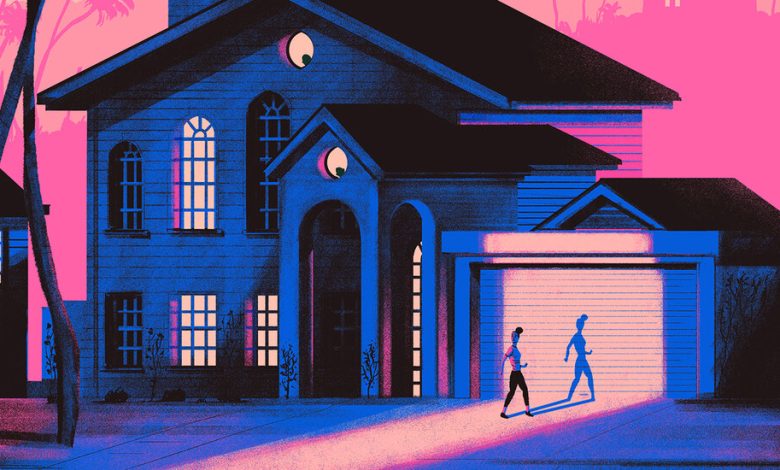She Moved Her Family to a Black Utopia. Then Things Got Weird.

ONE OF OUR KIND, by Nicola Yoon
The new novel “One of Our Kind,” by Nicola Yoon, opens with a cozy description of an all-Black Los Angeles suburb called Liberty. There’s a Black History Museum with Roman columns and a grand staircase. A sculpture garden with statues of historic Black figures like W.E.B. Du Bois, Malcolm X and M.L.K. Expansive homes on both sides of a picturesque hill. And on that hill, a gleaming spa called the Wellness Center.
Liberty is an all-Black utopia, a place where residents can relax among people like themselves. After surviving a frightening traffic stop on the way home from an Easter brunch, Jasmyn Williams and her husband, Kingston, King for short, move to Liberty with their 6-year-old boy, Kamau, looking for “a place surrounded by like-minded, thriving Black people. A place with wide, quiet streets where their son could ride his bike, carefree, with other little Black boys. A place where both King and Kamau would be safe walking around at night.”
All novels are a product of their era. Yoon, an accomplished young adult novelist (author of “Everything, Everything” and “The Sun Is Also a Star”), has dropped her adult debut into a time when the idea that Black people might one day be free from systemic racism seems farther away than ever. Just a few years ago, a burst of police reform and corporate diversity initiatives followed protests against George Floyd’s death at the hands of the Minneapolis police. But the Black Lives Matter signs have come down. The marches have ended. Affirmative action is dead. Voting rights have been rolled back even further. And a movement against equity and inclusion is trying to make Black people unwelcome at colleges and workplaces.
From the viewpoints of both our current reality and the novel’s realistic version of Black Los Angeles, an oasis like Liberty seems more tempting than ever. But right after her family’s move there, Jasmyn starts to doubt its perfection. Her neighbors don’t exactly embrace her Black Power T-shirts, her invitations to protests against police brutality or her attempts to form a local B.L.M. chapter.
But they do seem to spend a great deal of time at the Wellness Center on the hill, getting spa treatments. Jasmyn’s suspicions grow. At first, she wants to write off the friction between herself and everyone else in town as simply a difference in outlook. Why shouldn’t Black people have the right to relax? To think about systemic racism a little less? To put their trauma in the background? There’s no one right way to be Black, so why do the people of Liberty creep her out?
